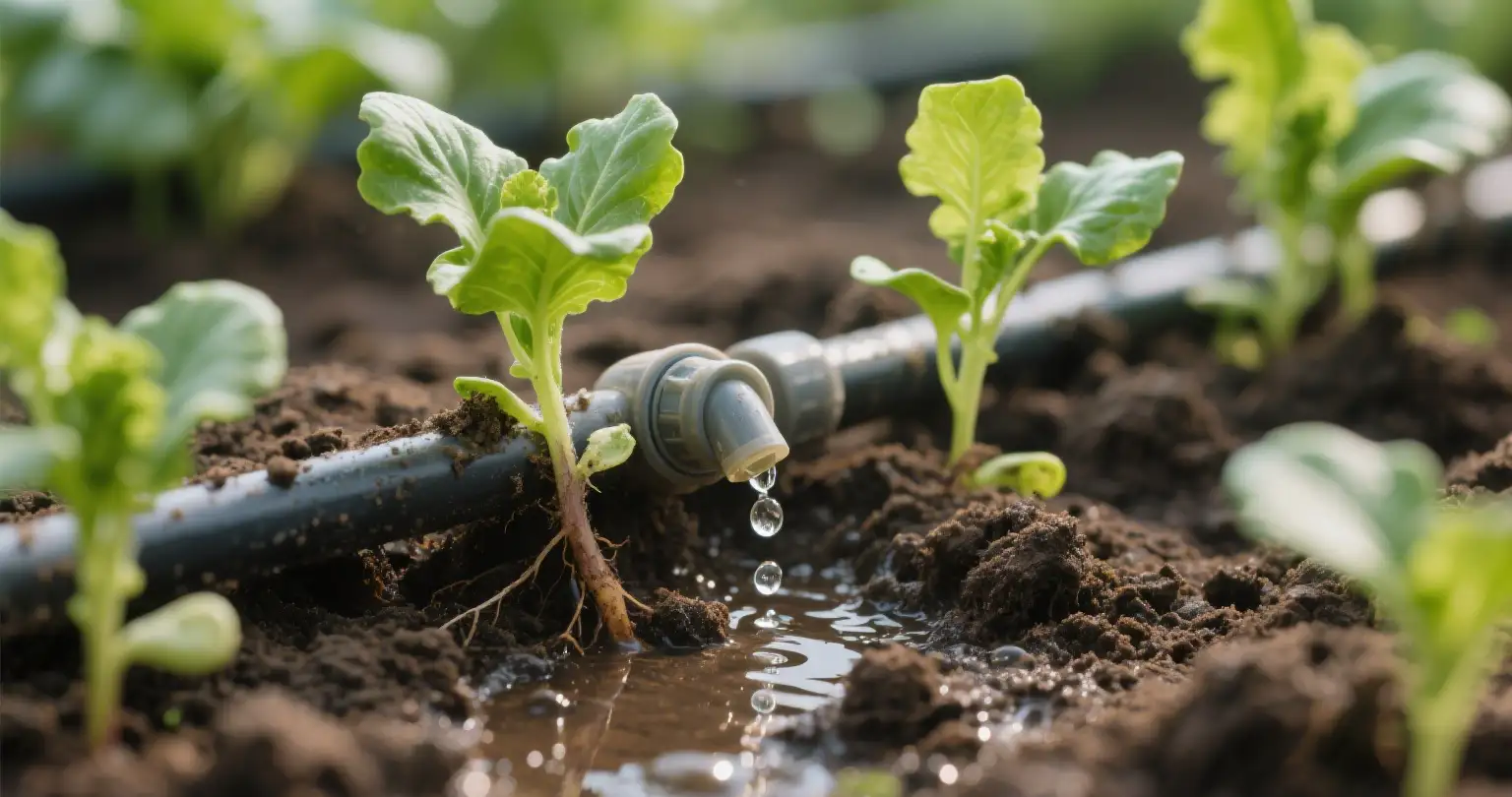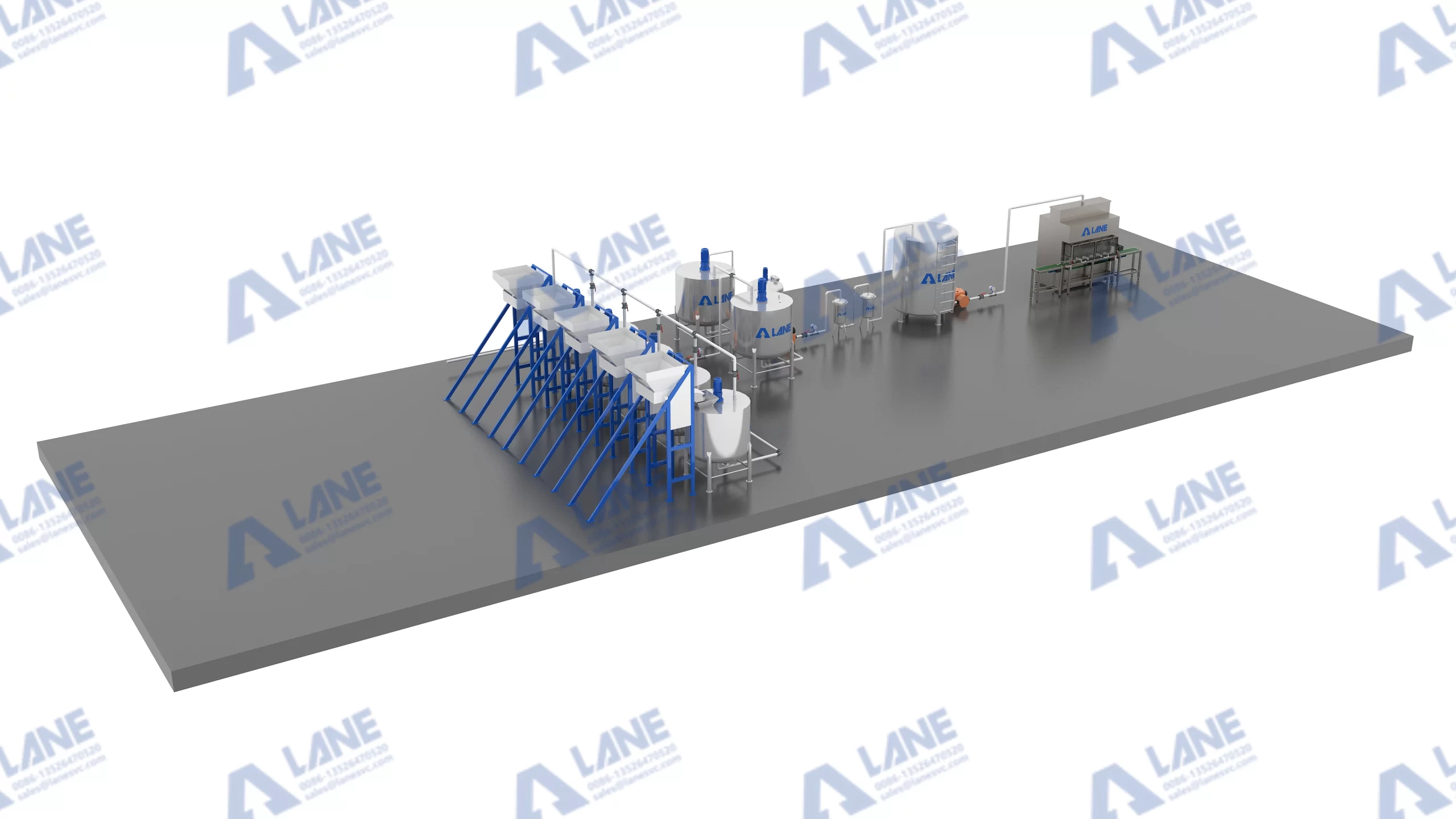
Liquid Fertilizer for Home Gardening: A Simple Way to Grow Healthier Plants
Liquid fertilizer for home gardening has become one of the most practical and efficient ways for homeowners, hobbyists, and small urban gardeners to nourish their plants. Whether you grow vegetables on your balcony, flowers in pots, or fruit trees in your backyard, liquid fertilizer offers a fast, balanced, and easy-to-apply nutrient solution that helps plants thrive.
Unlike granular fertilizers that release nutrients slowly, liquid fertilizers deliver nutrients directly to the roots or leaves, providing immediate absorption and visible growth improvement. With the rise of eco-conscious living and organic gardening, many people are now turning to organic liquid fertilizers made from natural materials such as compost tea, seaweed extract, or fermented plant waste.
LANE Heavy Industry, a professional manufacturer of fertilizer production equipment, provides complete solutions for producing liquid fertilizers from organic materials—ensuring stable quality, easy operation, and environmentally friendly processes.

Liquid fertilizer for home gardening is a nutrient-rich solution formulated to supply essential macro and micronutrients to plants in a readily available form. It can be applied through watering, foliar spraying, or drip irrigation.
| Nutrient | Function in Plant Growth | Common Source |
| Nitrogen (N) | Promotes leaf and stem development | Fish hydrolysate, urea |
| Phosphorus (P) | Enhances root and flower growth | Bone meal extract |
| Potassium (K) | Improves fruit quality and resistance | Kelp or banana peel extract |
| Calcium (Ca) | Strengthens cell walls | Eggshell extract |
| Micronutrients | Support photosynthesis and enzyme activity | Compost tea, seaweed |
Liquid fertilizers can be either synthetic (chemical-based) or organic, with organic types being preferred for sustainable home gardening.
Fast Nutrient Absorption
Because nutrients are dissolved in water, they are immediately available for uptake. This makes liquid fertilizers ideal for plants showing signs of nutrient deficiency or slow growth.
Uniform Distribution
When applied via watering or spraying, nutrients are evenly distributed, ensuring each plant receives the right amount of nourishment.
Easy Application
Most liquid fertilizers can be mixed with water and applied using a watering can or spray bottle—perfect for home gardeners with limited space or tools.
Compatibility with Organic Gardening
Homemade or commercially available organic liquid fertilizers made from compost, kitchen waste, or fermented materials improve soil microbial activity and overall plant health.
Proper application ensures you get the best results without over-fertilizing. Here’s a simple guide:
| Plant Type | Recommended Dilution | Frequency | Application Method |
| Leafy greens (lettuce, spinach) | 1:50 (fertilizer:water) | Every 7–10 days | Watering or foliar spray |
| Flowering plants (roses, orchids) | 1:80 | Every 10–15 days | Watering base soil |
| Fruit-bearing plants (tomatoes, peppers) | 1:60 | Every 7–10 days | Watering or drip irrigation |
| Potted houseplants | 1:100 | Every 15–20 days | Watering soil surface |
Tip: Always apply in the early morning or late afternoon to prevent leaf burn, and avoid fertilizing during extreme heat.

Creating your own liquid fertilizer for home gardening is simple and cost-effective. Here are a few methods:
1.Compost Tea
Soak mature compost in water (1 part compost to 5 parts water) for 3–5 days, stirring daily. Strain and dilute before use. It’s rich in beneficial microorganisms and balanced nutrients.
2.Banana Peel Fertilizer
Blend banana peels with water and let it ferment for 2–3 days. It’s high in potassium, great for flowering and fruiting plants.
3.Fish Emulsion
Mix fish scraps with molasses and water, then ferment for two weeks. The result is a nitrogen-rich fertilizer that promotes lush green growth.
4.Vegetable Waste Liquid
Leftover kitchen vegetable scraps can be fermented similarly. When combined with a little sugar or yeast, the fermentation process releases nutrients and beneficial microbes.
For gardeners interested in producing larger quantities, LANE Heavy Industry provides liquid fertilizer production equipment, including mixing tanks, fermentation reactors, and filtration systems suitable for small-scale community or commercial use.
| Feature | Liquid Fertilizer | Granular Fertilizer |
| Absorption speed | Immediate | Slow-release |
| Ease of use | Easy to mix and apply | Requires soil incorporation |
| Suitable for | Quick nutrient correction | Long-term soil enrichment |
| Risk of overuse | Higher (if undiluted) | Lower |
| Ideal for | Home gardening and potted plants | Large farms and field crops |
For home use, liquid fertilizer is generally more convenient, especially when combined with organic gardening practices.
An often-overlooked advantage of liquid fertilizer for home gardening is its low environmental impact. When properly diluted and applied, it reduces nutrient runoff, minimizes soil compaction, and enhances microbial biodiversity.
Moreover, using organic-based liquid fertilizers from food or plant waste helps close the loop in household waste recycling—turning leftovers into nourishment for plants instead of landfill waste.
Common Mistakes to Avoid
Over-fertilizing – Excess fertilizer can cause root burn and nutrient imbalance.
Using undiluted fertilizer – Always follow recommended dilution ratios.
Applying under direct sunlight – Can lead to leaf scorch.
Ignoring pH levels – Ideal liquid fertilizer pH is around 6.0–7.0.
Inconsistent feeding – Regular, light feeding works better than heavy, infrequent applications.
LANE Heavy Industry has years of experience designing and manufacturing liquid fertilizer production systems suitable for both industrial and small-scale use.
Our solutions include:
Automatic mixing and fermentation tanks for organic materials;
Temperature-controlled reactors for consistent fermentation;
Filtration and filling systems for clean, ready-to-use liquid fertilizer.
LANE’s engineers also provide custom technical support for startups, community projects, or municipal green initiatives aiming to recycle organic waste into high-value liquid fertilizer.

Q1: Can I mix liquid fertilizer with pesticides or other plant sprays?
Generally yes, but always check compatibility and perform a small test before full application.
Q2: Is liquid fertilizer safe for indoor plants?
Yes, but dilute it properly (around 1:100) and apply less frequently to prevent salt buildup.
Q3: Can I store homemade liquid fertilizer?
It can be stored in a sealed container for up to 3 months, but should be shaken before use.
Q4: How soon can I see results after applying?
Typically within 5–7 days, plants show greener leaves and stronger stems.
Q5: Can liquid fertilizer replace soil nutrients entirely?
No, it supplements nutrients but doesn’t replace organic matter. Periodic compost addition is still important.
Liquid fertilizer for home gardening offers a simple, efficient, and sustainable way to maintain healthy plants. It provides quick nutrient absorption, suits both indoor and outdoor gardens, and encourages eco-friendly gardening habits. Whether you make it at home or use commercial organic liquid fertilizers, your plants will respond with vigorous growth and vibrant color.
For those interested in producing or scaling up eco-friendly fertilizer solutions, LANE Heavy Industry provides complete liquid fertilizer production equipment and professional technical guidance, supporting gardeners and small producers worldwide.
For more details, please feel free to contact us.
Henan Lane Heavy Industry Machinery Technology Co., Ltd.
Email: sales@lanesvc.com
Contact number: +86 13526470520
Whatsapp: +86 13526470520
Leave a Comment
Latest Posts
LANE has more than 500 successful cases and is committed to providing customers with first-class solutions, high-end machinery and equipment, and one-stop pre-sales, sales and after-sales comprehensive customer service.